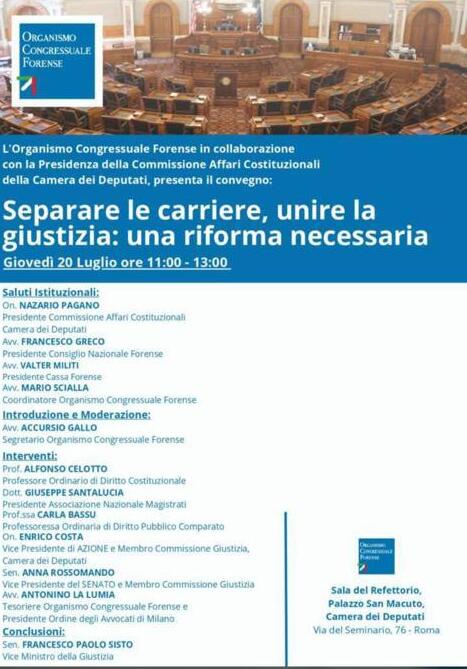THE RIGHT TO SILENCE ALSO EXTENDS TO QUESTIONS ON THE PERSONAL QUALITIES OF THE ACCUSED
With sentence no. 111/2023, the Constitutional Court declared the constitutional illegitimacy of art. 64, paragraph 3 of the Code of Criminal Procedure in the part in which it does not provide that the warnings indicated therein are addressed to the person under investigation or to the accused before the information referred to in art. 21 available att. c.p.p., as well as the type of crime referred to in art. 495, paragraph 1 of the criminal code, in the part in which it does not exclude the punishment of the person under investigation or of the defendant who has made false statements without having previously formulated the warnings pursuant to art. 64, paragraph 3, c.p.p. The pronouncement originates from a procedural affair in which a subject, accompanied to the police station for identification in the context of a criminal proceeding, falsely declared to the police force that he had not received any criminal conviction in Italy, without having been previously warned of the right not to answer. The Court of Florence, having qualified the fact pursuant to art. 495 of the criminal code, raised a question of constitutional legitimacy by observing that the code of penal procedure requires that every person subjected to investigations be warned of the faculty not to answer only the questions relating to the fact of which they are accused, but not to the questions relating to personal circumstances and referred to in art. 21 available att. c.p.p., thus invoking the violation of the right to silence, part of the right of defense pursuant to art. 24 of the Constitution, of the art. 6 of the ECHR and of the art. 14 of the UN International Covenant on Civil and Political Rights. The Consulta, accepting the question, observed that the right to silence operates whenever the proceeding authority asks questions about circumstances which, while not strictly pertaining to the fact of the crime, can be used against the subject in the context of the criminal proceeding and which are therefore likely to affect the sentence or the amount of the sanction. Hence a new dimension of the right to silence derives, which imposes the obligation on the proceeding authority to warn the suspect/accused in advance of the right not to answer even questions relating to one’s personal conditions (other than general information), together with the compression of the type of crime referred to in art. 495 criminal code which incriminates false statements on these profiles within the criminal proceedings.









